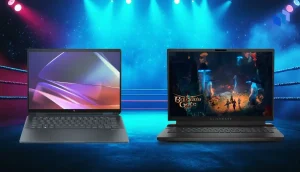What Does Internet Small Computer Systems Interface Mean?
Internet small computer systems interface (iSCSI) is a networking standard for linking data storage components over a network, usually in storage area networks (SANs).
SCSI is an established medium of fast communication between components. It communicates with physically separated components over an Internet Protocol network. ISCI uses Transmission Control Protocol (TCP) ports 80 and 3260.
Techopedia Explains Internet Small Computer Systems Interface
In a storage area network (SAN), disk storage is usually consolidated into a single box containing the controller and a large number of disks. A portion of this mega disk, called a logical unit number (LUN), is then presented to a server for storage. An example is a Windows server on a corporate local area network (LAN).
A mega disk appears to the Windows operating system as a locally attached physical disk. It is necessary to tell the Windows server that the LUN is a local disk and not merely a mapped network drive. Many applications (such as those by Oracle) refuse to work with mapped drives. Therefore, it is necessary to find a way to allow the Windows OS to recognize the LUN as a local disk and to allow the transfer of data on the LUN back to the mother megadisk. All this is accomplished using iSCSI.
A small program called the iSCSI initiator sits on the Windows server and is activated when the OS boots up. The initiator enables Windows to see the LUN as a local disk. The initiator is also responsible for sending specially formatted SCSI commands over the IP-based network. These commands are known as command descriptor blocks (CDBs).
Although the execution will be different, the concept is exactly the same for other operating systems such as Unix or Linux, or for environments other than SANs.








